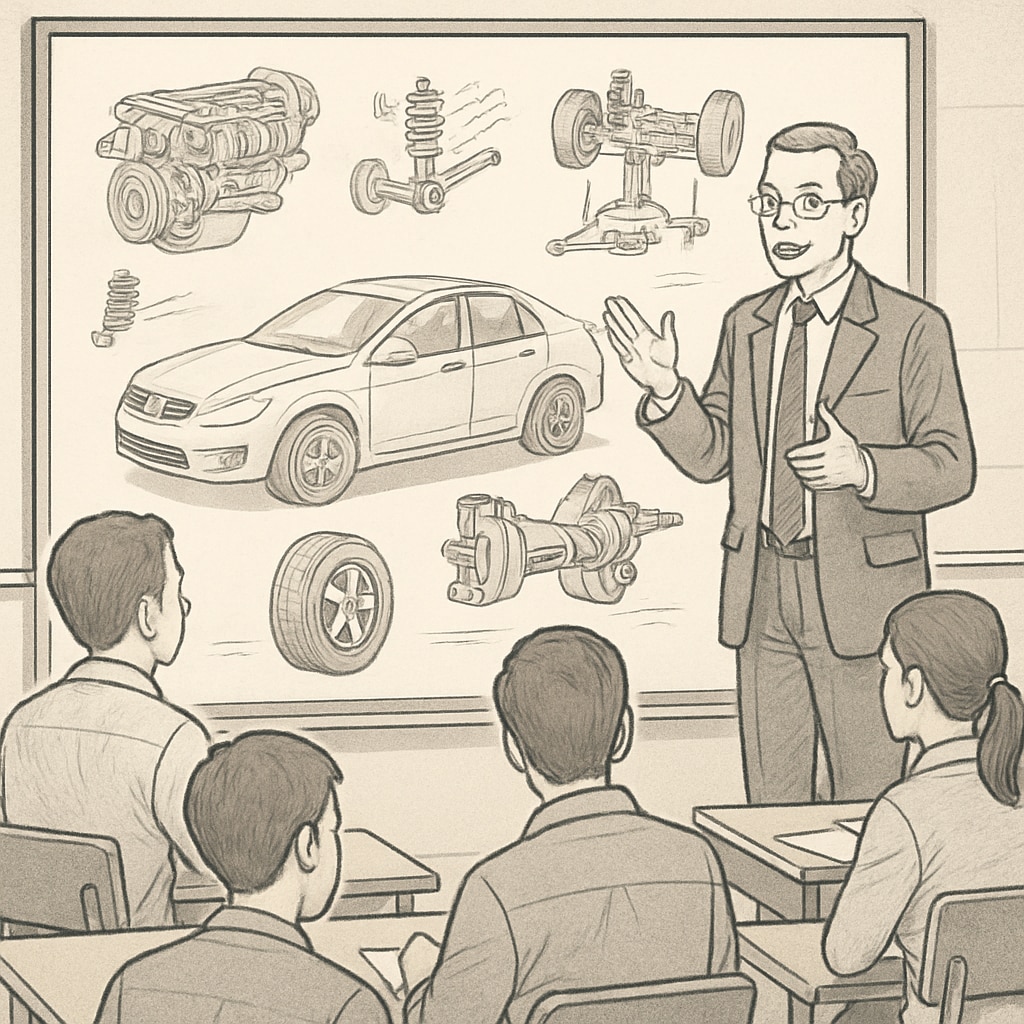Transitioning from military service to civilian life often presents unique challenges and opportunities, especially for veterans with technical expertise. For those holding an associate degree in automotive technology, pursuing a bachelor’s degree can open doors to advanced career paths, leadership roles, and increased earning potential. Understanding how to maximize credit transfers and select a compatible academic program is key to achieving academic and career success.
Choosing the Right Bachelor’s Program
Veterans with an associate degree in automotive technology should first identify bachelor’s degree programs that align with their career goals. Programs in automotive engineering, industrial technology, and business administration often complement the technical foundation provided by an associate degree. For example, a bachelor’s in automotive engineering can lead to roles in vehicle design and manufacturing, while a degree in business can pave the way for management positions in the automotive industry.
It’s also important to consider programs that are veteran-friendly. Many universities offer resources like dedicated advisors, veteran scholarships, and flexible learning options to accommodate military and work schedules. Researching schools that accept a high number of transfer credits can significantly reduce the time and cost of completing your degree.

Maximizing Credit Transfers
One of the biggest advantages of holding an associate degree is the potential to transfer credits toward a bachelor’s program. However, not all credits automatically transfer. Here’s how to make the most of your previous academic work:
- Check Accreditation: Ensure that your associate degree is from an accredited institution. Most bachelor’s programs require credits from regionally accredited colleges.
- Match Coursework: Look for degree programs with similar course requirements to your associate degree. For example, technical coursework in automotive systems may transfer easily to an engineering or technology-focused degree.
- Utilize Military Training: Many colleges accept military training and certifications for academic credit. Submit your Joint Services Transcript (JST) or Community College of the Air Force (CCAF) transcript for evaluation.
- Work with Advisors: Academic advisors can guide you through the credit evaluation process and help you petition for additional credit if needed.
By carefully planning your transfer credits, you can avoid retaking courses and accelerate your path to graduation. For more information on credit transfer policies, consult resources like the Wikipedia entry on transfer credit.

Balancing Education and Career Goals
While pursuing a bachelor’s degree, veterans should consider how their education aligns with their long-term career goals. For those aiming for technical roles, hands-on programs with internships or cooperative education opportunities can provide valuable industry experience. On the other hand, if leadership or entrepreneurship is the goal, degrees with a focus on business, management, or organizational leadership may be more suitable.
In addition, online or hybrid learning options can offer the flexibility needed to balance work, family, and education. Many universities also provide career counseling services to help students transition into the workforce after graduation. These services may include resume writing workshops, job fairs, and networking opportunities with alumni working in the automotive industry.
Conclusion: From Service to Success
Upgrading an associate degree in automotive technology to a bachelor’s degree is a strategic move for veterans looking to enhance their career prospects. By selecting a compatible program, maximizing credit transfers, and leveraging available resources, veterans can achieve both academic and professional success. Whether your goal is to design the next generation of vehicles or lead a team in the automotive industry, a bachelor’s degree can provide the knowledge and credentials needed to excel.
For additional guidance, explore resources like the Britannica overview of higher education to learn more about degree pathways and academic planning.
Readability guidance: Use short paragraphs and lists to summarize key points. Distribute keywords and transitions evenly to maintain flow and clarity. Focus on actionable advice within each section to enhance value for readers.


